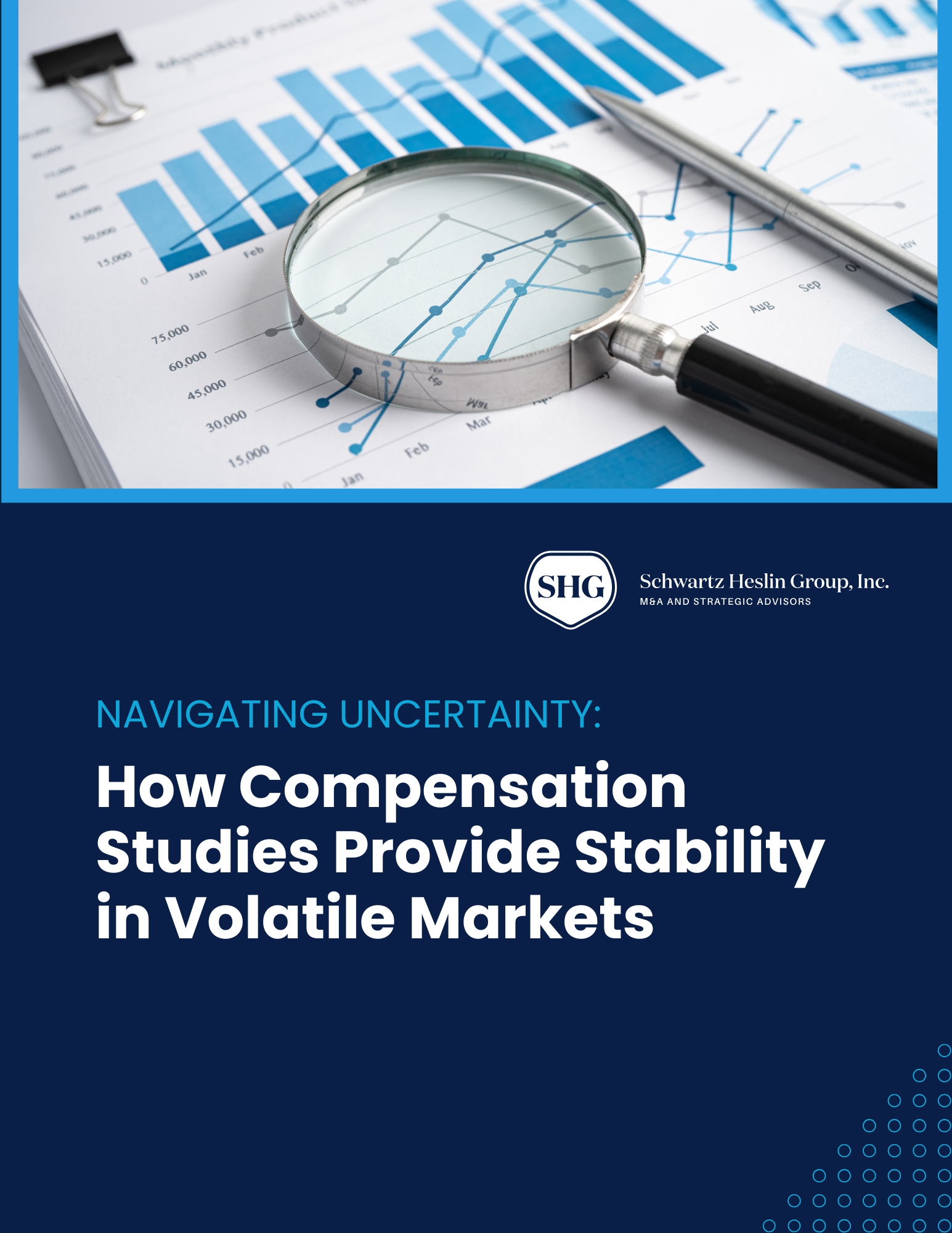Business valuations are vital for decision-making. While valuation software is fast and convenient, it often falls short. Software relies on standardized algorithms that can overlook nuances unique to each company. Experienced valuation teams, by contrast, have a deep level of expertise.
They analyze financial data alongside industry trends and business complexities, offering insights that software alone cannot provide. Valuation teams can navigate unique scenarios, provide personalized guidance, and adapt to rapidly changing market conditions. Their ability to contextualize and interpret data ensures valuations are accurate and actionable.
Although software can be a helpful tool, it cannot replace the strategic value professionals bring to the valuation process. Here’s why human expertise outshines technology in business valuations.
How Do Business Valuations Work?
Business valuations determine the economic value of a company, guiding decisions related to sales, mergers, acquisitions, and tax planning. They are the foundation for assessing a company’s worth and are critical in strategic planning and negotiations. Several factors influence valuations.
Metrics like revenue, profit margins, and cash flow all impact a valuation. Market conditions and industry trends also shape valuations, reflecting economic dynamics and sector-specific growth potential. Together, these factors create a comprehensive view of a business’s value.
Limitations of Valuation Software
Valuation software has gained popularity for its ability to streamline business valuation processes, but it comes with notable limitations. While these tools are useful for standard scenarios, they rely heavily on algorithms and templates that lack the flexibility to address the nuances of individual businesses. This standardized approach can overlook the qualitative factors that play a crucial role in determining a business’s true worth.
These tools also have difficulty interpreting non-standard financial data effectively. Companies operating in niche markets or facing rapid changes may find that valuation software struggles to keep up, leading to inaccurate results. These tools also lack the depth to analyze unique business characteristics like brand reputation or customer loyalty, which can heavily influence a business’s value.
Without expert oversight, valuation software can produce outputs that oversimplify complex financial scenarios. This creates the risk of errors, particularly when dealing with incomplete or inconsistent data. While these tools are valuable for preliminary valuations, expert input remains essential for refining the results and addressing gaps in analysis.
The Role of Experienced Teams in Business Valuations
Experienced valuation teams play a pivotal role in delivering accurate and insightful business valuations. They combine technical expertise with a deep understanding of industry trends and business-specific factors. This enables them to uncover hidden value drivers and risks that might go unnoticed.
By contextualizing data within market conditions, experienced teams provide valuations that reflect the numbers and the broader business story. For example, seasoned valuators might evaluate a startup’s growth based on market potential or assess how a distressed business can regain value through untapped assets.
These teams are particularly skilled at navigating complex situations like companies with limited historical data, distressed businesses, or mergers and acquisitions (M&A). In essence, experienced valuation teams don’t just analyze financials. They provide context, insights, and solutions that help stakeholders make informed decisions with confidence.
When to Use Software and When to Opt for a Team
Choosing between software and an experienced team depends on the complexity of the task and your business needs. Software is a good fit for straightforward tasks or small-scale operations. It’s cost-effective and efficient for simple financial reporting, early estimates, or routine processes that don’t require extensive customization or human insight.
When dealing with more complex scenarios like M&A, litigation, or businesses with complex ownership structures, a dedicated team is essential. Professionals bring judgement, adaptability, and the ability to interpret nuanced situations that software cannot handle. For example, M&A transitions require the evaluation of intangible assets, liabilities, and future earnings. Litigation support demands precise analysis and defensible conclusions. Similarly, navigating the tax and regulatory challenges of multi-entity ownership structures requires strategic expertise.
In short, software is ideal for tasks that prioritize speed and simplicity. A team, however, is better suited for situations requiring detailed insight and adaptability. For decisions that impact your business’s future, human expertise will often be the best choice, offering clarity and actionable insights that software alone cannot match.
Looking for seasoned business valuators? With innovative strategies, personalized solutions, and unwavering dedication, SHG’s advisors provide razor-sharp insight, innovative ideas, and a wealth of network connections that only seasoned business experts can provide. Contact us today to grow your business's value.
Contact us today
to learn more.




